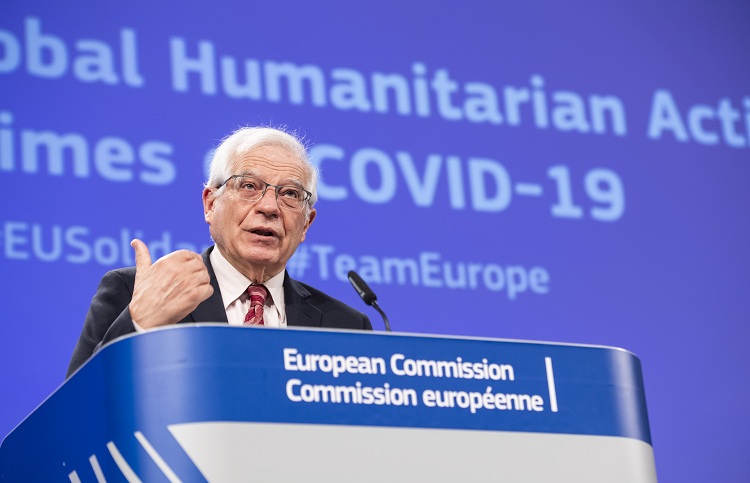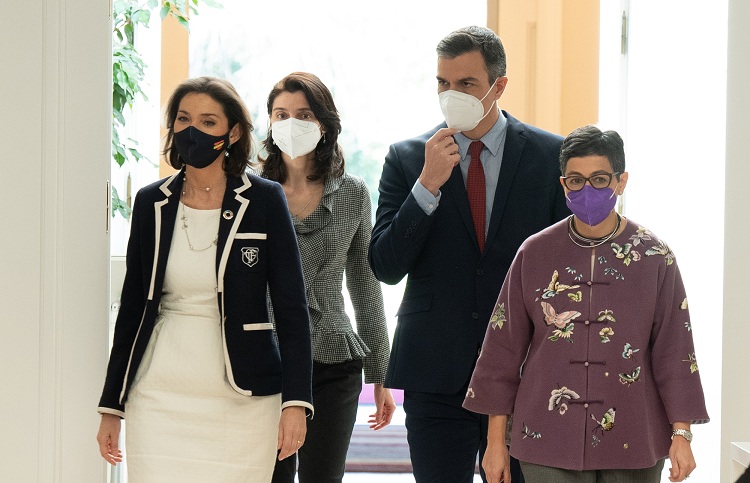The Diplomat
95% of Spaniards support the European Union’s humanitarian aid to third countries in the fight against the COVID-19 pandemic, according to the latest Eurobarometer commissioned by the European Commission in view of the presentation of its new outlook for EU’s global aid delivery, which took place yesterday.
According to the Eurobarometer, carried out in the 27 Member States between November and December 2020 and presented this March, 91% of Europeans rate EU-funded humanitarian aid activities positively, a percentage that rises to 96% in the case of Spain. In addition, almost half of Europeans (48%) believe that the Union should maintain current levels of financial support for humanitarian aid and 41% even believe that funding should be increased. As far as Spain is concerned, 42% prefer that the current levels be maintained (six points less than in the EU as a whole) compared to 45% who advocate an increase (four points more).
Likewise, 74% of Europeans are of the opinion that humanitarian aid is more efficient if it is coordinated among all the Member States, compared to 22% who prefer each State to help separately. In Spain, the percentages are 85% and 12%, respectively.
As for COVID-19, 95% of Spaniards surveyed were in favor of the EU helping third countries to deal with the pandemic by financing medical projects or sending urgent material (51% support it “totally” and 44% “tend to support it”). This percentage is higher than in the EU as a whole, where support is 90% (42% “totally support” and 48% “tend to support”).
The publication of these data coincided with the Commission’s presentation of its proposals to strengthen the European Union’s global humanitarian impact in order “to meet the substantially rising humanitarian needs exacerbated by the COVID-19 pandemic”.
The Brussels Communication, addressed to the European Parliament and the Council and presented yesterday by High Representative for Foreign Policy and Commission Vice-President Josep Borrell and Crisis Management Commissioner Janez Lenarčič, proposes a series of key actions to expedite the provision of humanitarian aid by expanding the resource base, supporting a better enabling environment for humanitarian partners and addressing the root causes of crises through a Team Europe approach. It highlights a renewed focus on international humanitarian law (IHL) and also sets out to tackle the humanitarian impact of climate change.







